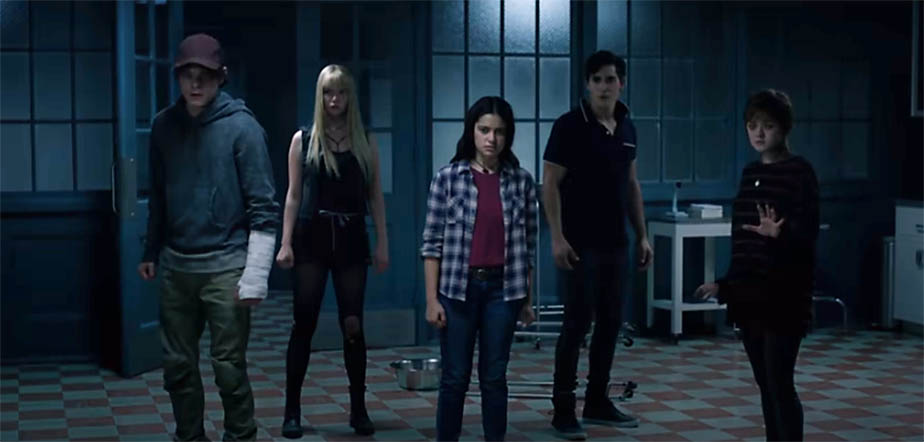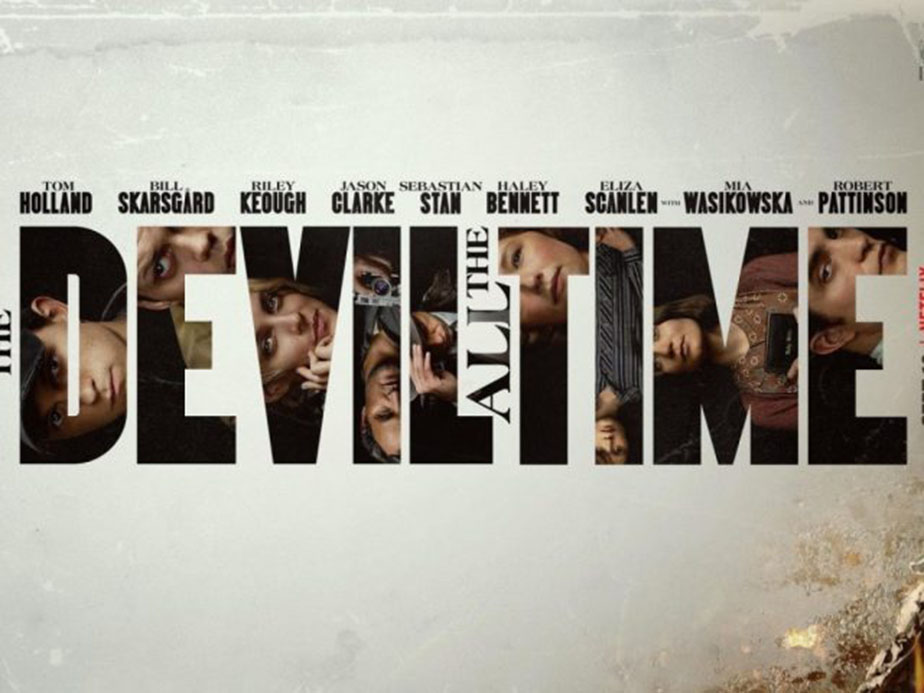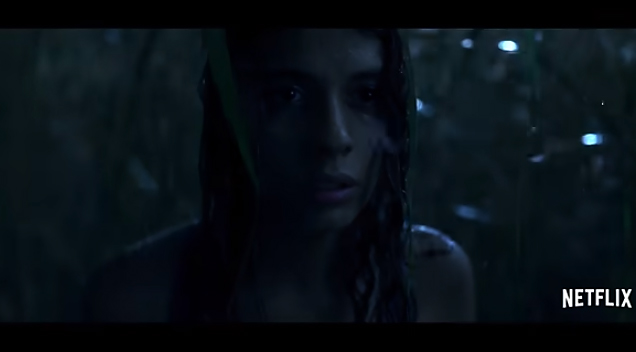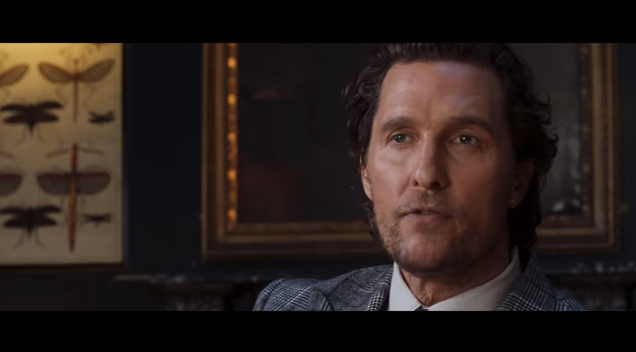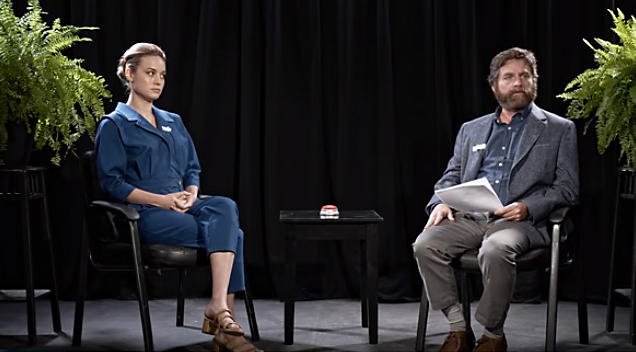Rating: 3/5 Stars
It’s taken a long time for the much-troubled film “The New Mutants” to finally emerge into the spotlight. This film has had a multitude of major problems affecting every aspect of the film, from its script, tone, rating, release date to even where it was going to be released (either in theaters or on Disney+). When Disney bought Fox, they acquired the X-men cinematic universe rights, and “New Mutants” was still being made during the buyout. Disney executives were worried the horror aspect of the film wouldn’t fit their “House of Mouse” image, not to mention the fact Disney already had their doubts after seeing the disastrous response to Fox’s last X-men entry, “Dark Phoenix.” Still, for better or worse, Josh Boone’s film finally got released into theaters so let’s see if the wait was worth it for Fox’s true final film in their extinct X-men series.
The story follows a young girl named Danielle Moonstar (Blu Hunt), a mutant whose home is ravaged by a strange tornado. She wakes up after the disaster to find herself in a mental health facility run by Dr. Reyes (Alice Braga). The facility specializes in housing mutants and providing treatment and care until they have better control under their abilities. There’s Illyana Rasputin/Magik (Anya Taylor-Joy), Sam Guthrie/Cannonball (Sam Guthrie), Roberto da Costa/Hot Spot (Henry Zaga), and Rahne Sinclair/Wulfsbane (Maisie Williams). They all have troubled pasts and trauma dealing with their powers activation, but now, they’re experiencing vivid nightmares and realistic hallucinations that are pushing them to the edge of sanity. Now the teens suspect this facility isn’t a care center but a prison and they have to find a way out together.
With X-men films becoming a dying breed, it’s only natural they’d have to try something experimental if they wanted to keep the brand fresh and alive. One would expect with such a lengthy amount of work and extensive adjustments put into the film it would either be a colossal failure or a well-earned success. Unfortunately, “The New Mutants” never goes too far outside of just being a pretty decent, acceptable film; never pushing as far as it could have nor perfecting the good it already has established into anything greater. The horror spin on the superhero world is a slowly expanding trend that provides the amplest opportunities for a fresh reinvention. “New Mutants” never goes too scary or dark as one would hope but it still offers some genuinely creepy and disturbing visuals that prove there’s something here that could have been expanded upon.
The mental health facility provides some interesting interactions between our mutant stars; creating unique dynamics and problems that are clarified by the horrific but well-executed nightmare sequences. You always get the sense something is going on with everyone here but it’s teased enough to keep the mystery compelling and engaging so you want to see how it all plays out. Moonstar’s “problem” is easily the most unique out of all of them and while giving it away would be spoiling the finale, let’s just say when you find out the truth you’re either going to shake your head in irritated confusion or roll with the punches and applaud the creativity. The cast plays well together but most of them don’t really stand out as well as you’d hope. X-men films are packed with mutant stars all vying for the spotlight but in this smaller environment, very few draw much attention outside of an occasional good scene here or there.
Except for Anna-Taylor Joy, she truly shines as the most “head case” mutant cases. Her personality and stance exude confrontation and abrasiveness, but there is a wild vulnerability to her that makes her more aggressive traits come off as charming rather than intolerable. An additional round of applause should go to “Game of Thrones” star Maisie Williams for introducing an unexpectedly sweet romantic element that is a welcomed addition to the narrative if a bit weakly executed. Overall, “The New Mutants” is a decent, enjoyable film to watch here and there which is a lot more I can say for some other high profile movies that were supposed to “be a big deal,” but with all of its production troubles, I guess I was hoping for a better end result than this. It’s bizarre, it’s different, its dark and tries new things but it’s also clearly holding back and with X-men’s continuity being reorganized into Marvel’s much bigger sandbox universe, it’s a shame “The New Mutants” couldn’t do more or amount to more than just an acceptable film.
